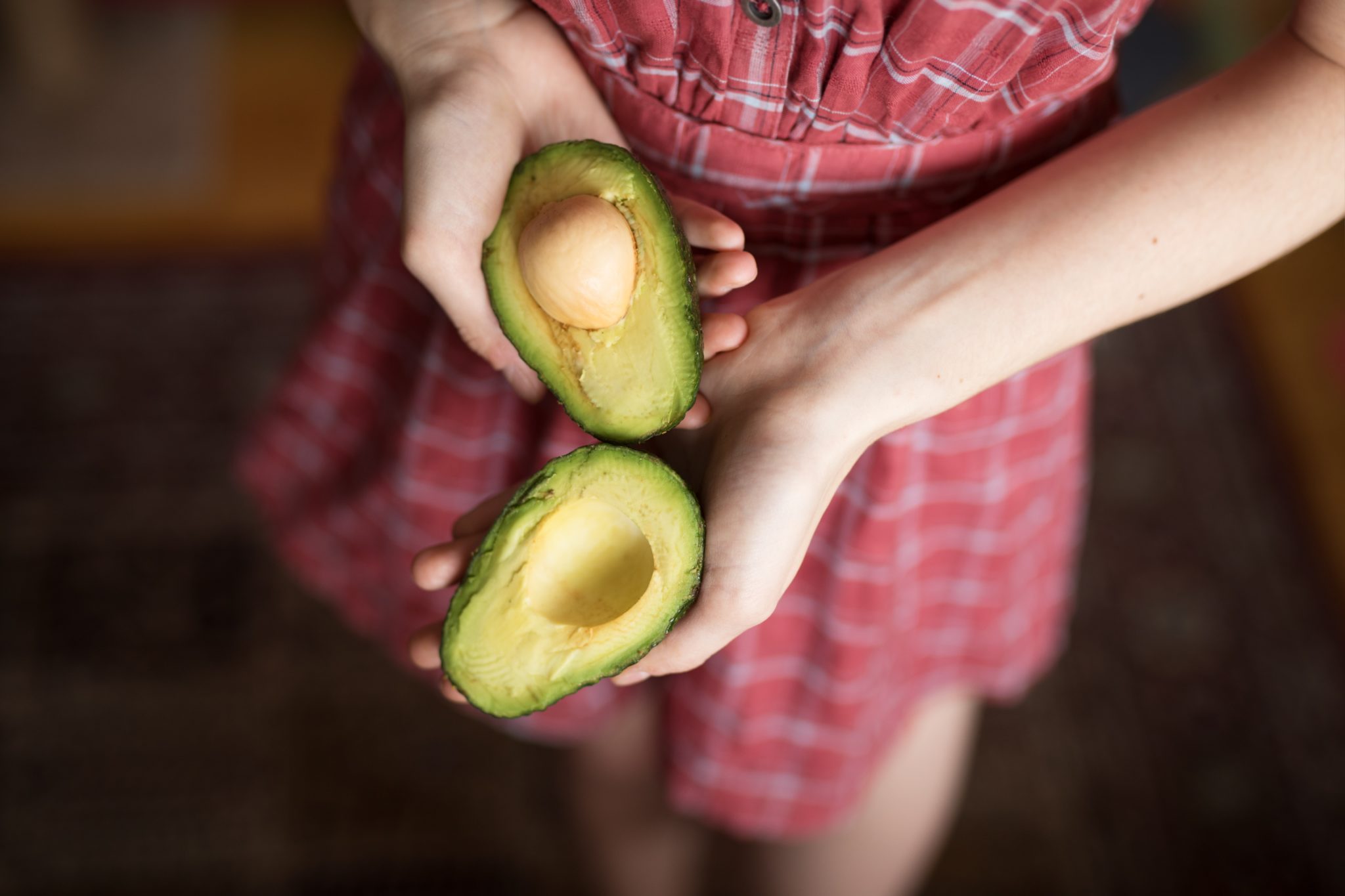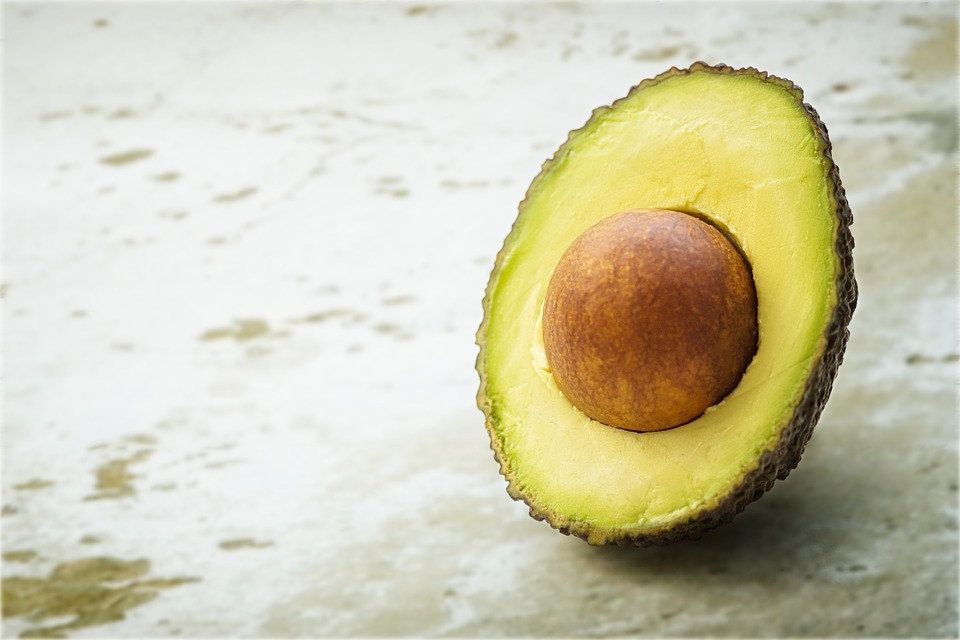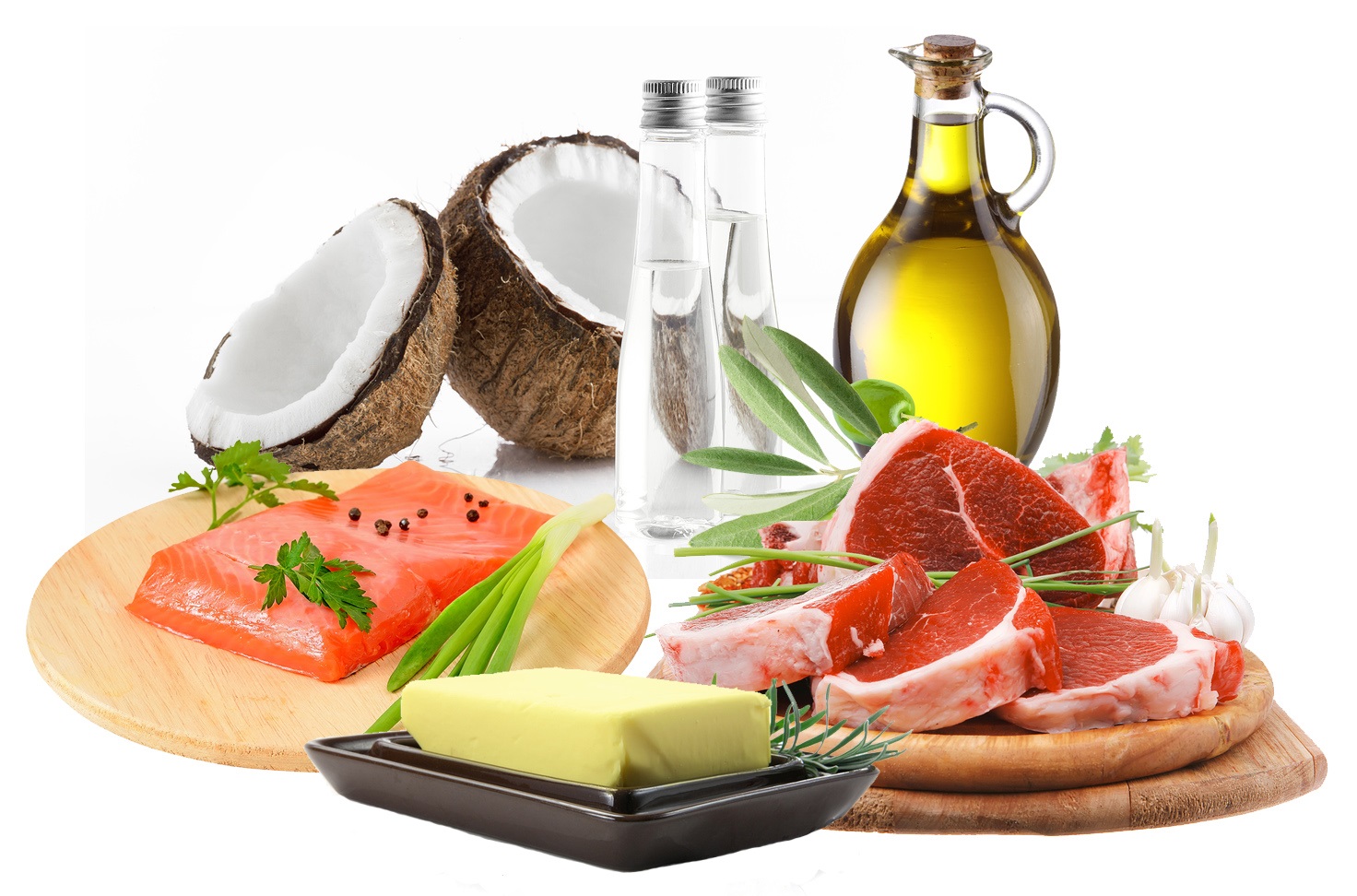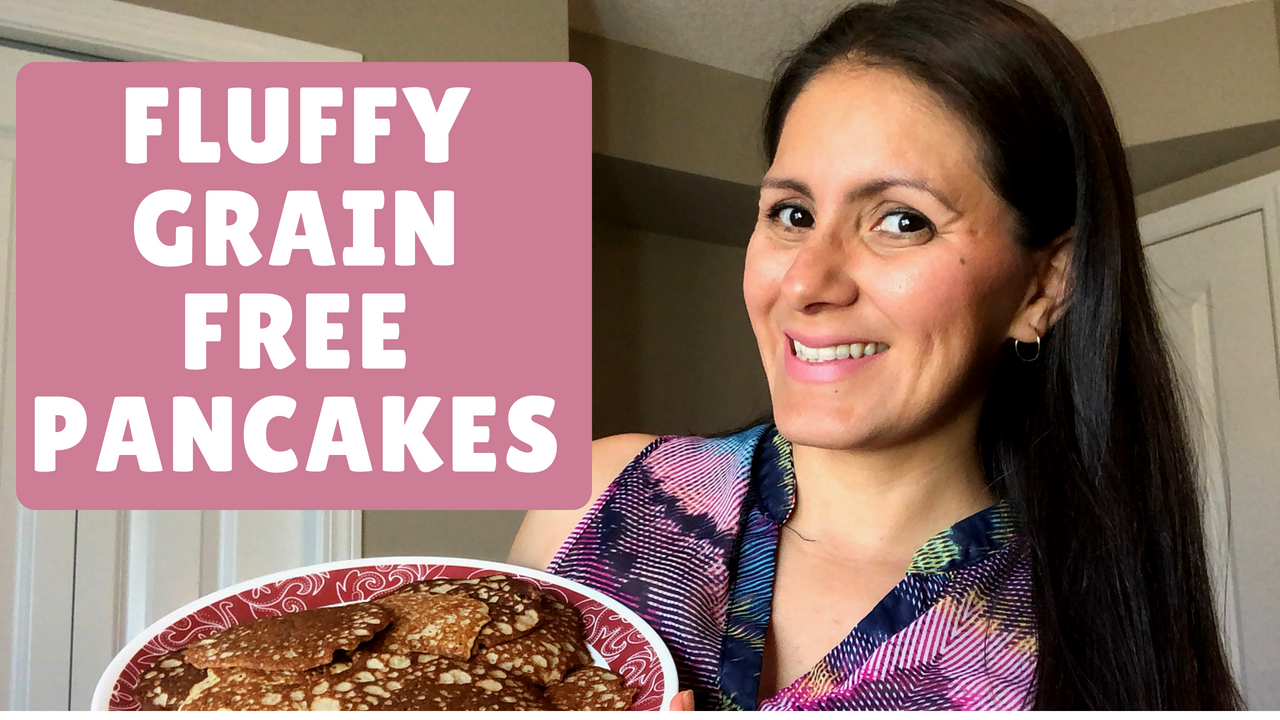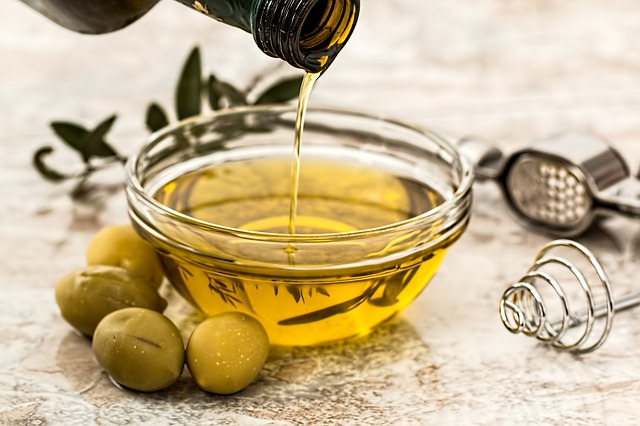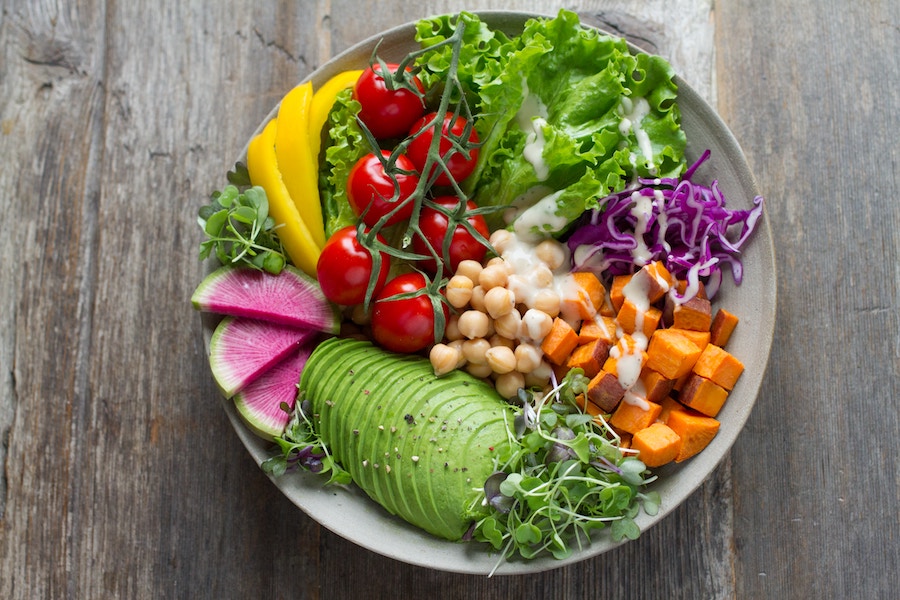Combined with a healthy diet, making sure that your body has sufficient amounts of these hormones can help take stubborn weight off.
In general, public discussions about weight loss tend to focus mainly on exercise and diet.
When someone thinks, “I need to lose weight!”, they immediately think up an action plan that involves exercises and a starting a “diet“. Some will take an additional step by hiring a personal trainer. This is a great choice as a good personal trainer can really motivate you to stay on track.
He will usually advise you to follow a healthy eating and help track your food habits. But what these fitness programas omit, is that your hormones can play a very key role in your weight loss success.
Our body produces 50 different types of hormones. Some of which regulate nutritional intake, metabolism and other functions that relate to weight gain and loss.
So, no matter if you are executing your fitness regiment perfectly, if you are experiencing hormonal imbalance, it will inevitably obstruct your progress.
Let’s take a closer look at the six main types of hormones that affect weight issues and what you can do to correct any imbalances.
Insulin
We all require insulin to process the sugars from our food – whether they are added sugar or naturally occurring sugar – and convert them into energy. When we consume carbohydrates, our blood sugar level rises, due to the sugars in carbohydrates like bread, pasta, oatmeal, fruits and vegetables.
High carb foods like bread and pasta cause a bigger spike. On the contrary lower carb foods like most vegetables and some fruits cause smaller rises in blood sugar levels. Someone without hormonal complications will not experience any insulin issues.
However, insulin deficiency causes a chronic problem that we know as diabetes. This means that the sugar in your bloodstream is not being converted into energy and sent to other parts of the body.
However, diabetes patients can also become insulin-resistant, which means that although you may be receiving insulin, not only do you have sugar buildup, but an insulin buildup as well.
Both situations create other problems, and one of these is weight gain.
Read more

